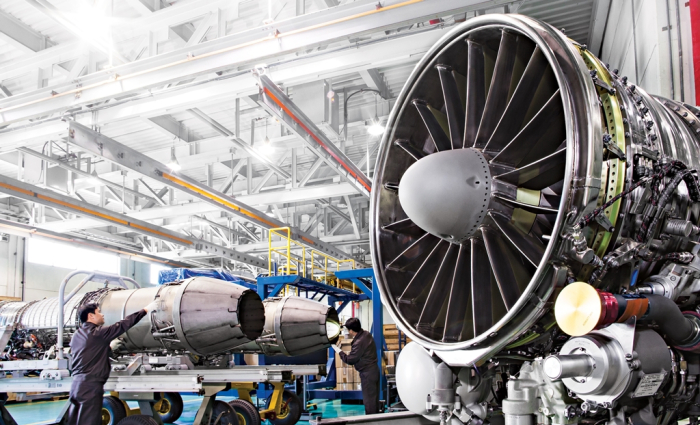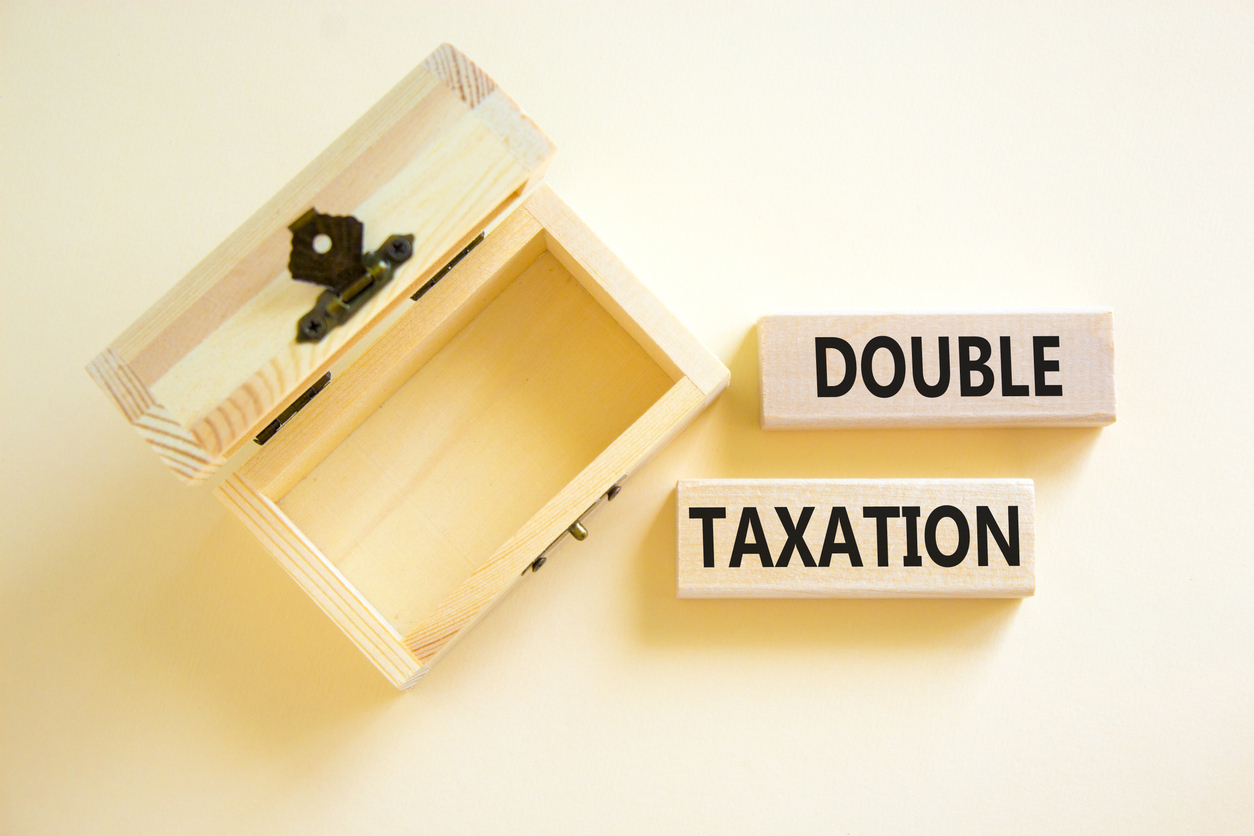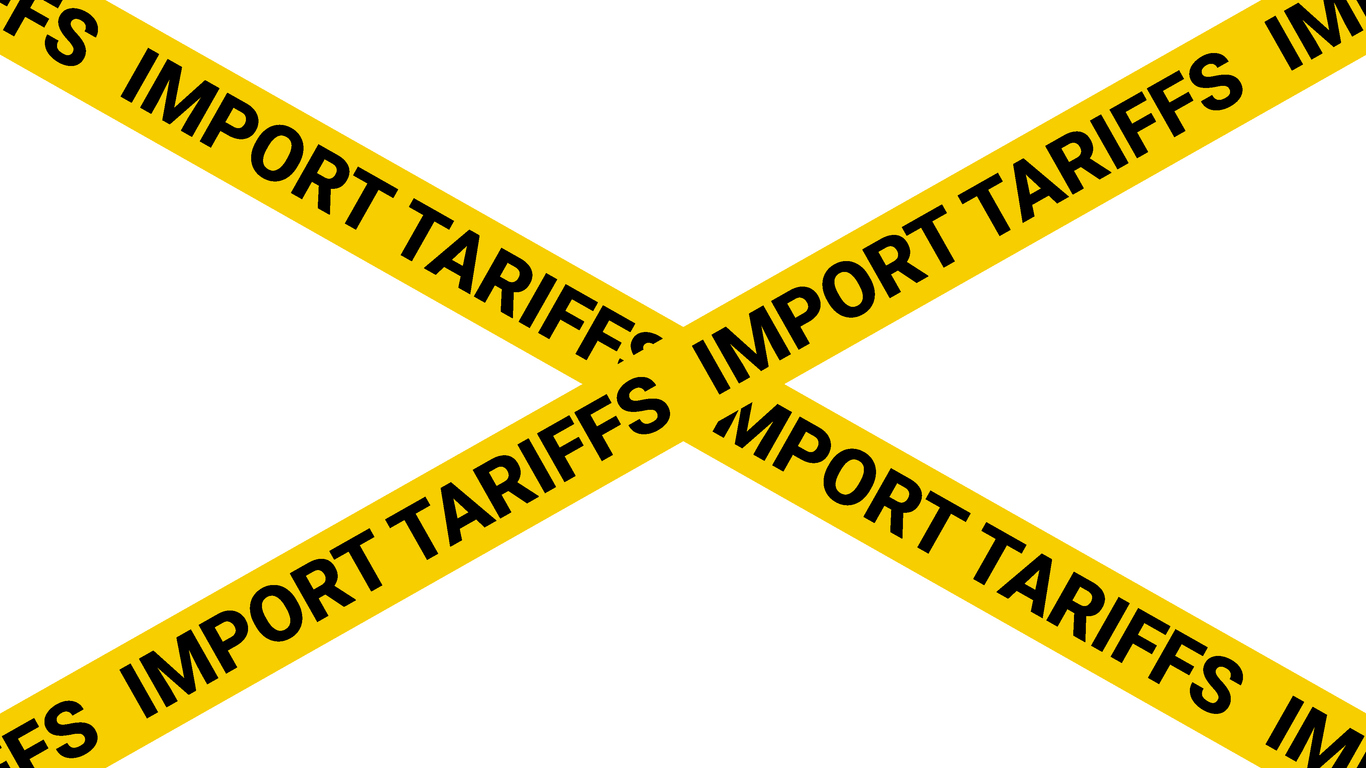7 Steps for Buying and Exporting Aircraft Parts From Angola
7 Steps for Buying and Exporting Aircraft Parts From Angola
The global aerospace industry is increasingly interconnected and dependent upon the movement of parts, services, and people across national borders. In fact, many manufacturers subcontract manufacturing activities to other companies in different countries to reduce costs and achieve a more specialized workforce. Such collaborative relationships are further strengthened by the adoption of common standards for production, such as the Aerosat initiative. However, these partnerships are not without their challenges—especially when trading sensitive goods like aircraft parts. To that end, operators should take note of the seven key steps outlined in this blog post if you’re interested in buying and exporting aircraft parts from Angola.
Step 1: Know your supplier
When exporting parts, it’s important to know your supplier and understand the security risks associated with their location. Angola is a growing hub in the aviation sector, but it’s important to keep in mind that the country is considered a high-risk location by businesses and national governments alike due to its history of corruption. If you’re an operator who plans on exporting parts from Angola, it’s recommended that you conduct due diligence on prospective suppliers to ensure that they can be trusted. One way to do so is to check the supplier’s compliance with the International Trade Union Confederation (ITUC) Global Rights Index, which provides information on workers’ rights and the regulation of the employment relationship in 168 countries. You can also conduct a company background check to see if there are any associated risks and issues associated with the company.
Step 2: Understand the logistics chain
You should also understand the logistics chain of the aircraft parts you’re sourcing from Angola. This means not only understanding the shipment’s route from the manufacturer to your warehouse, but also the location of the manufacturer itself. When buying aircraft parts from Angola, you should be aware of the country’s geopolitical situation. The country’s government is currently led by President José Eduardo dos Santos, who has been in power since 1979. In addition, Angola is one of the world’s most unequal societies, with one of the highest Gini coefficients, a measure of income inequality, according to World Bank.
Step 3: Establish a contract
With respect to the terms of the contract, you should ensure that the price and method of payment are specified. You should also clarify conditions and timelines for delivery. As an aerospace operator, you should consider the use of an International Commercial Terms (ICD) contract, which provides a standardized and widely used framework for the sale of goods internationally.
Step 4: Register to export
To ensure that your aircraft parts are compliant with Angola’s import requirements, you should register as an exporter with the Angolan Customs Authority. If you’re exporting and/or importing aircraft parts, you should be aware that Angola adheres to the International Civil Aviation Organization (ICAO) standards for safety and security. This includes the ICAO’s Technical Instructions for the Inspection of Aircraft Parts, the 9th Edition of which was released in May 2019. This publication is recognized and implemented by Angola, as well as other countries around the world.
Step 5: Review Angola’s Customs regulations and requirements
When exporting to Angola, you should review the country’s Customs regulations and requirements to ensure compliance. Generally, you as the exporter are responsible for ensuring that your shipment meets the necessary Customs regulations. Such Customs regulations and requirements include: – Origin of Goods – To export aircraft parts to Angola, they must be manufactured in a country belonging to the Economic Complementation Zone of the African Growth and Opportunity Act (AGOA). Angola is not a part of AGOA. – Marks of Origin – Aircraft parts must be marked with their country of origin, the name of the manufacturer, the identification number of the manufacturer, and the identification number of the importing entity. – Customs Classification – Aircraft parts must be classified according to the Harmonized Commodity Description and Coding System (Harmonized System).
Step 6: Comply with Angola’s AECA requirements
If you’re planning on exporting parts to Angola, you also need to comply with Angola’s AECA requirements. AECA is an abbreviation for the Aircraft Equipment Control and Disposal Agreement. This is an international agreement between many countries, including Angola, that aims to prevent the proliferation of certain aircraft parts. The AECA requires operators to declare the aircraft parts that they’re exporting from their country of origin. Angola’s AECA list includes items like carburetors, starter motors, load indicators, fuel gauges, and fuel flow-meters.
Step 7: Conclusion
As a general rule, when exporting aircraft parts to Angola, it’s best to err on the side of caution. This means that you should be as thorough as possible when conducting due diligence on prospective suppliers. This way, you can better understand the logistics chain of your parts, as well as comply with Angola’s Customs regulations and AECA requirements.








LEAVE A COMMENT
You must be logged in to post a comment.